We all like to think we know who we are. But do we really?
Are you where you were born? Are you your family, your friends, the place you were born, the place you lived?
It is a question we may never think to ask unless we ever lose the one thing that defines us - our memory.
But imagine if your memory lasted no longer than thirty seconds.
In March of 1985, Clive Wearing, an eminent English musician and musicologist in his mid-forties, was struck by a brain infection that left him with the most devastating case of amnesia ever recorded. New events and experiences are erased almost instantly.
He now spends every day ‘waking up’ every 20-30 seconds and has no memory no longer than this. He remembers little of his life before 1985; he knows, for example, that he has children from an earlier marriage, but cannot remember their names.
And yet.
His love for his second wife Deborah, whom he married the year prior to his illness, is undiminished. And he can still play the piano and conduct a choir – all this despite having no recollection of having received an extensive musical education.
If you’d like to read more of his tragic story, read this piece from The New Yorker or watch this video.
[youtube http://www.youtube.com/watch?v=WmzU47i2xgw&w=420&h=315]
When I look at Clive I ask questions. For instance: he loves his wife, he retains a passionate and intuitive connection to music, ; but how? It could be, as scientists suggest, that musical memory is stored in a separate part of the brain.
But then what of his unflagging love and recognition of his wife?
I wonder, in my less rational moments: are we looking at a naked soul?
For Clive retains nothing of what we could call his identity. He cannot be a patriot, he cannot hold political or philosophical opinion, he has no family or friends that he remembers.
But his vital essence remains; his love and his talent.
So I ask this question; if every memory was stripped from you, what might be left - and would that be the essential you?
It was a case such as Clive’s that inspired my novel Anastasia. I began with this question - what if a royal princess loses her entire memory, as Clive did, through a combination of emotional and physical trauma.
She is royal, a celebrity - but only if the world remembers her, and only if she remembers herself.
Because without memory, what is left?
Anastasia is a love story and it’s a mystery played out again the Shanghai, Berlin and New York of the twenties. I never allow the story to refer directly to this philosophical question, because there is no answer to it anyway. We each form our own conclusion anyway.
But here in the privacy of my little blog here, when there’s just you, me and the laptop, I’d like to ask you the question my Anastasia asks herself whenever she looks in the mirror:
Who are you really?
Are you what you remember … are you want others tell you that you are … are you what they want you to be?
When your memories are taken away - what is left?
Here is the story of my Anastasia’s search to uncover the answers.
You’ll find Anastasia at Amazon US
Join my blog today and I’ll mail you a FREE electronic copy of LOOKING FOR MR GOODSTORY, a collection of my most popular posts, including GENGHIS KHAN BUT YOU CAN’T, THREE BOURBONS, TWO BIKERS, ONE STRAW and FRIGGATRISKAIDEKAPHOBIA..


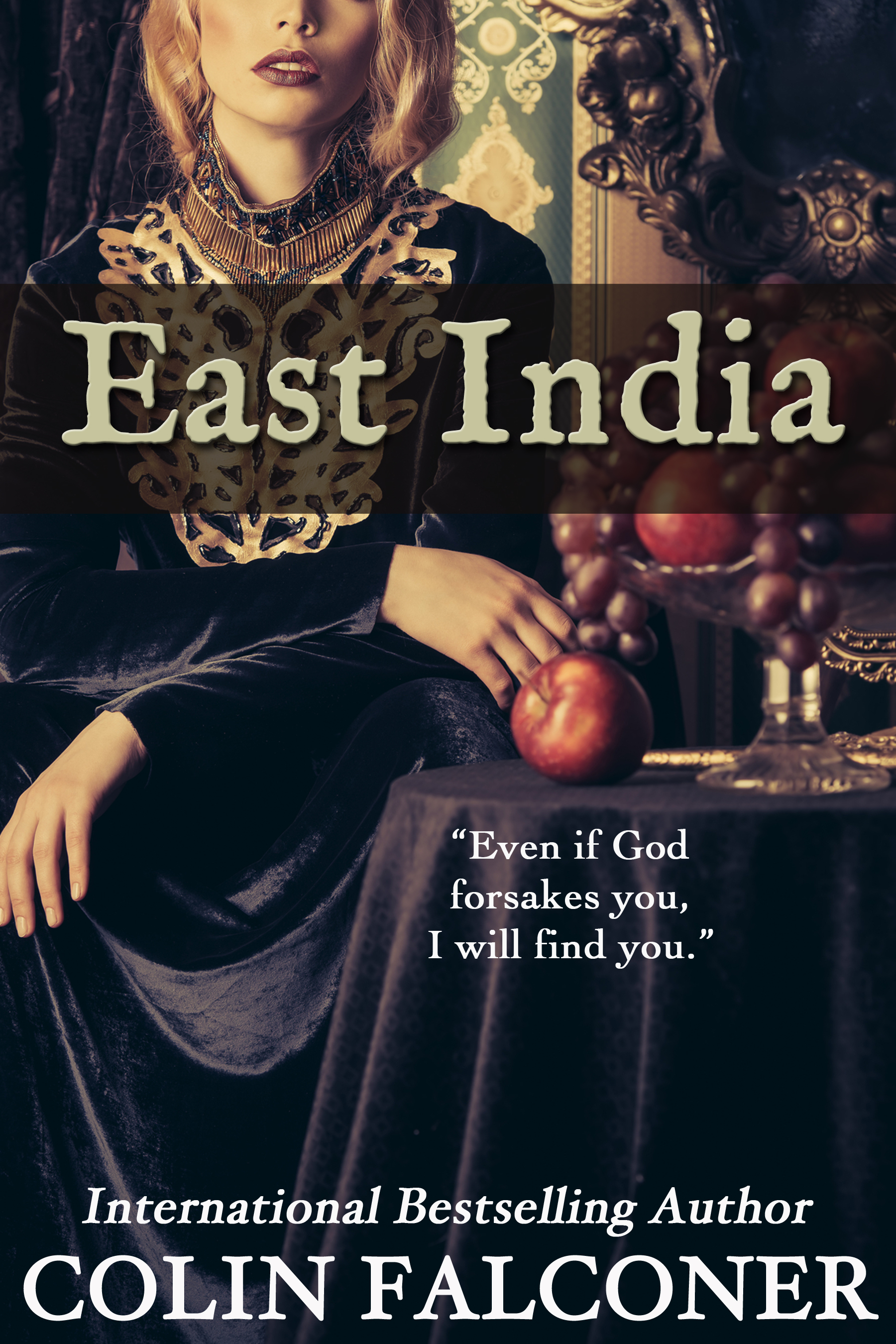
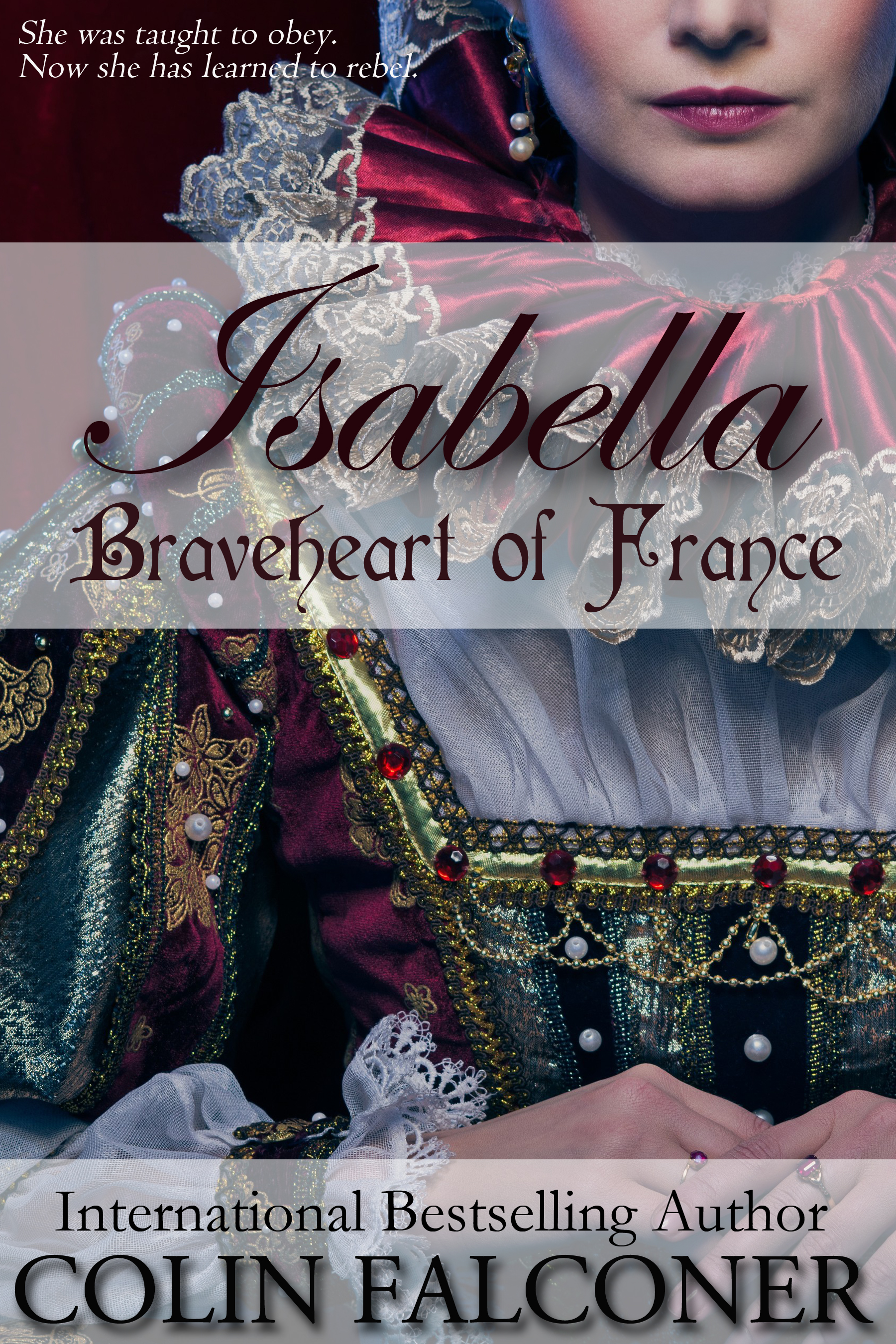
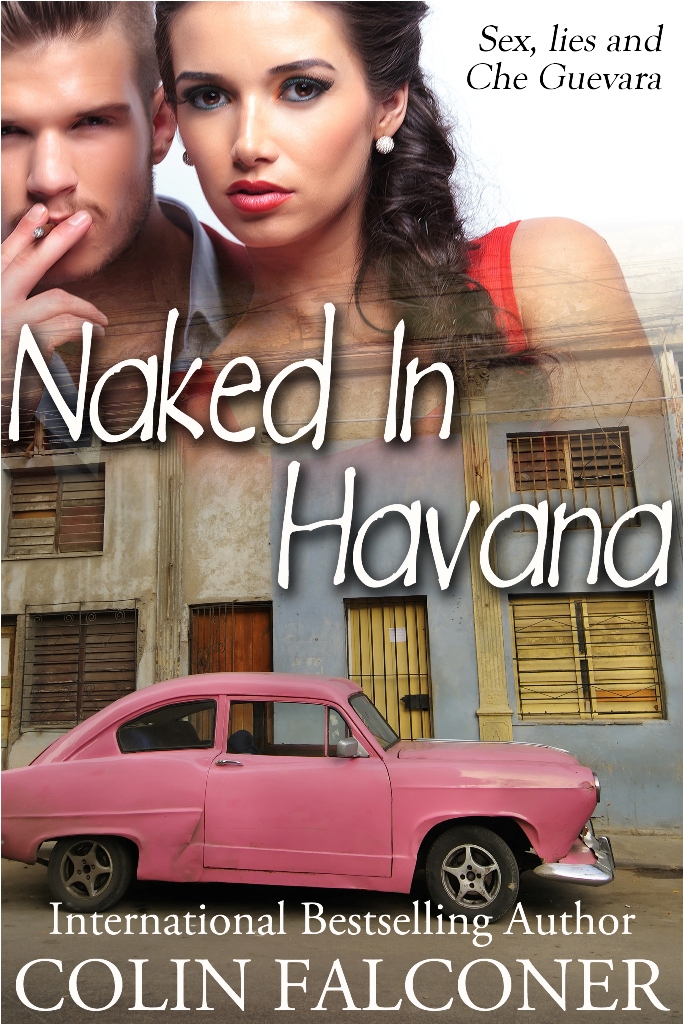
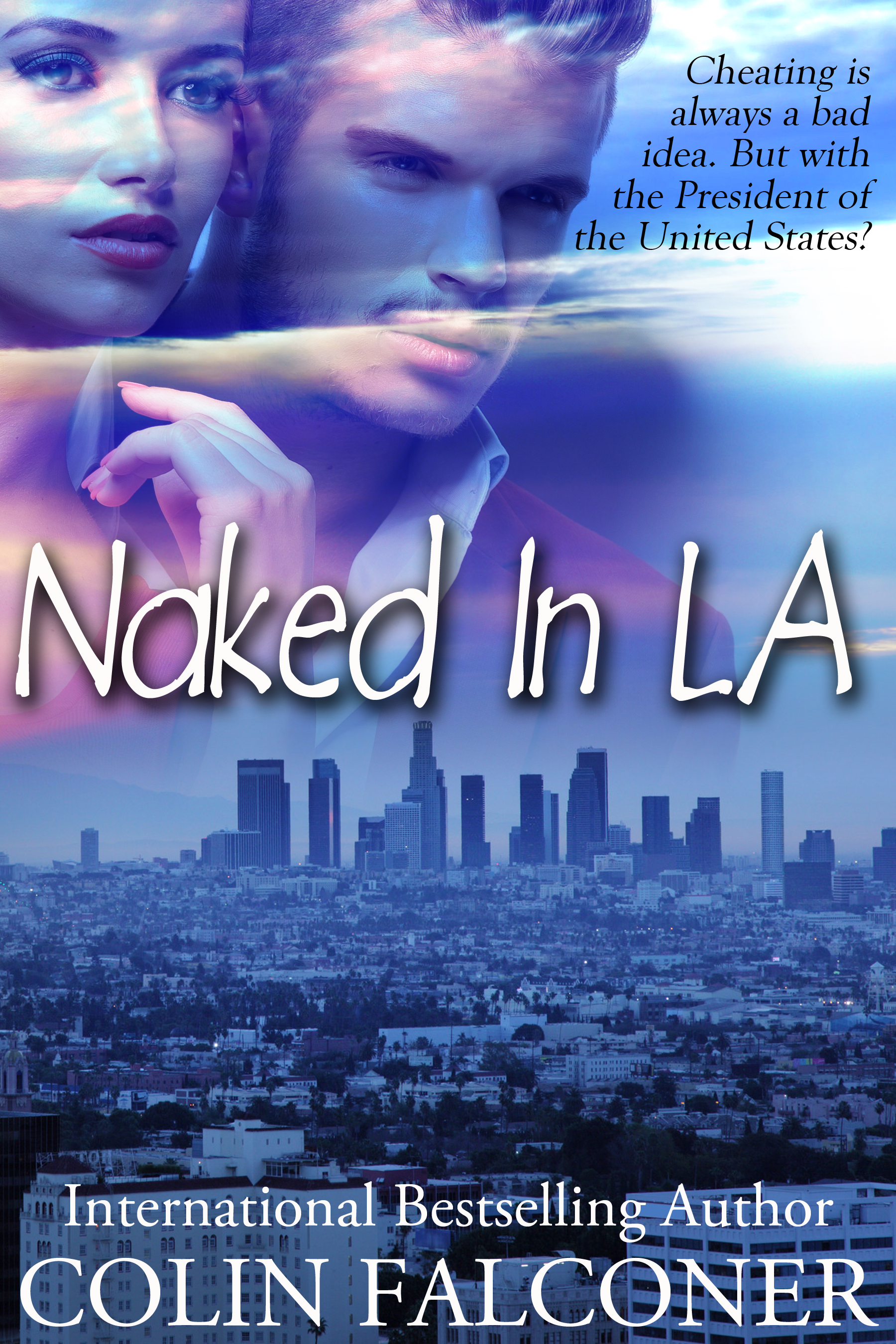
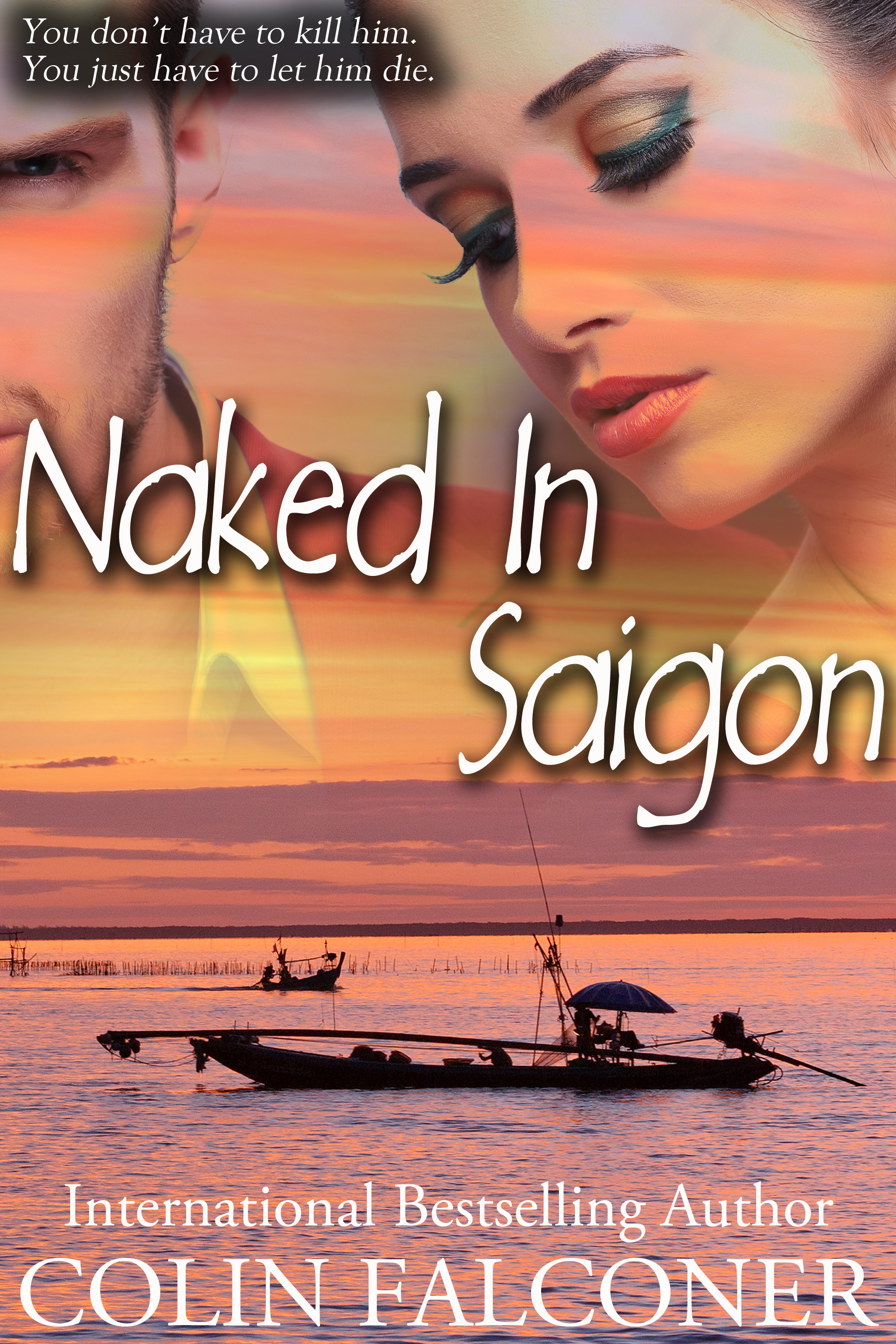
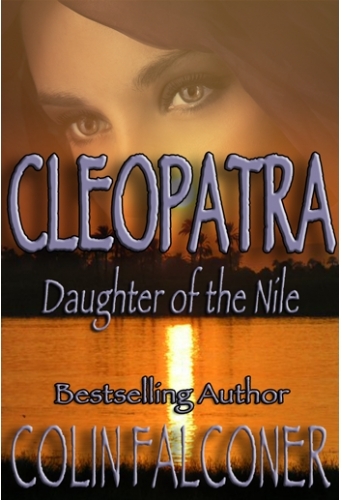
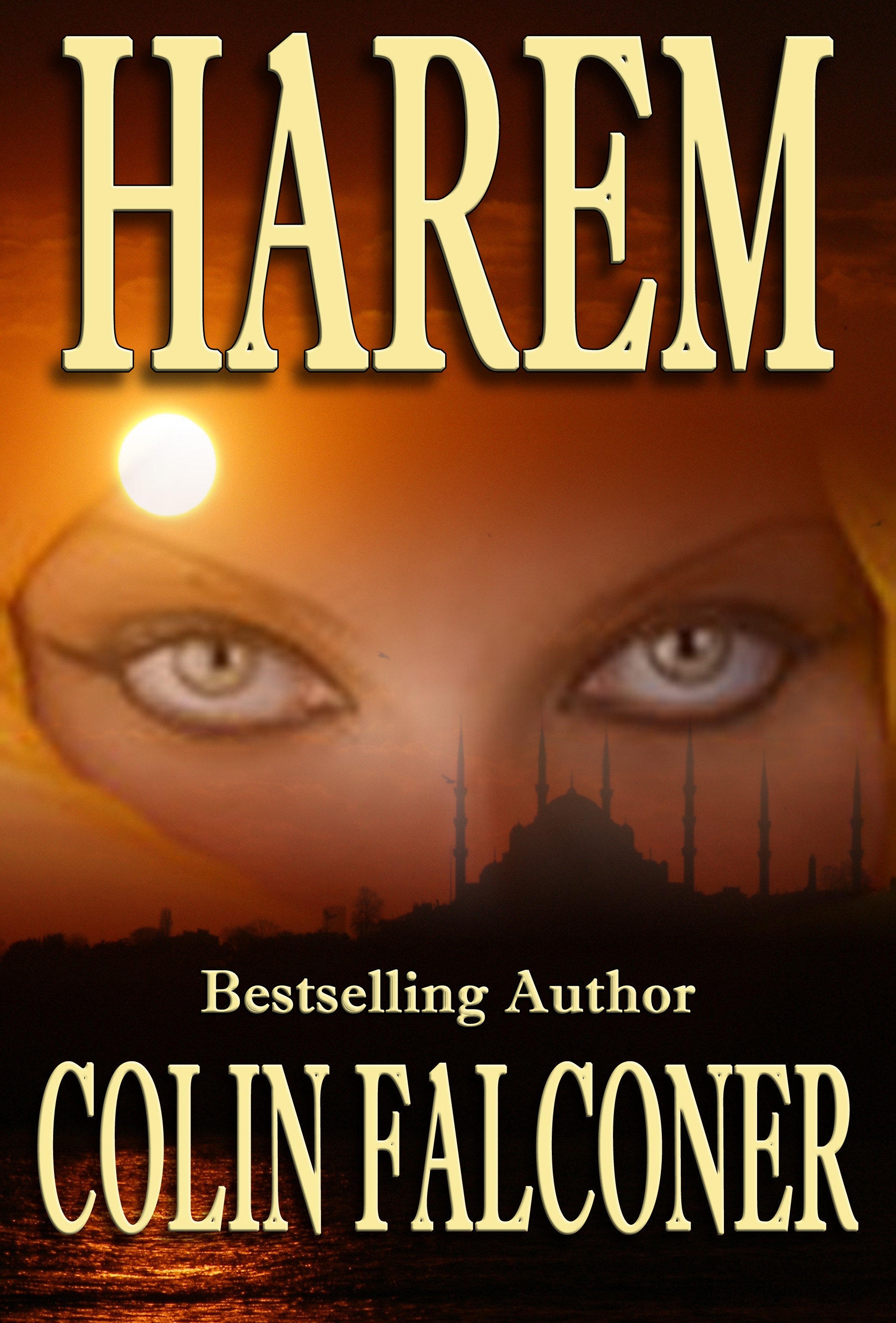
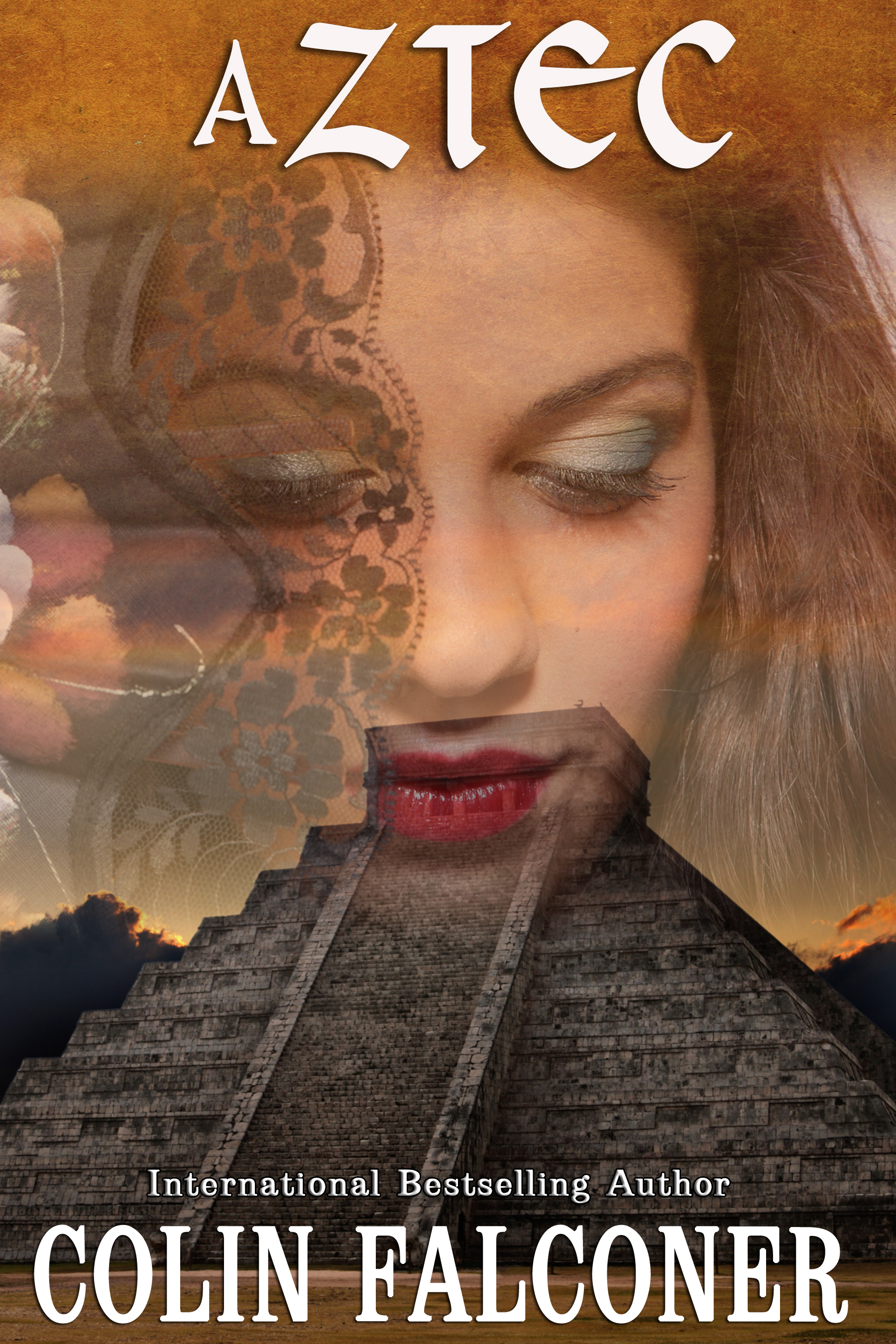
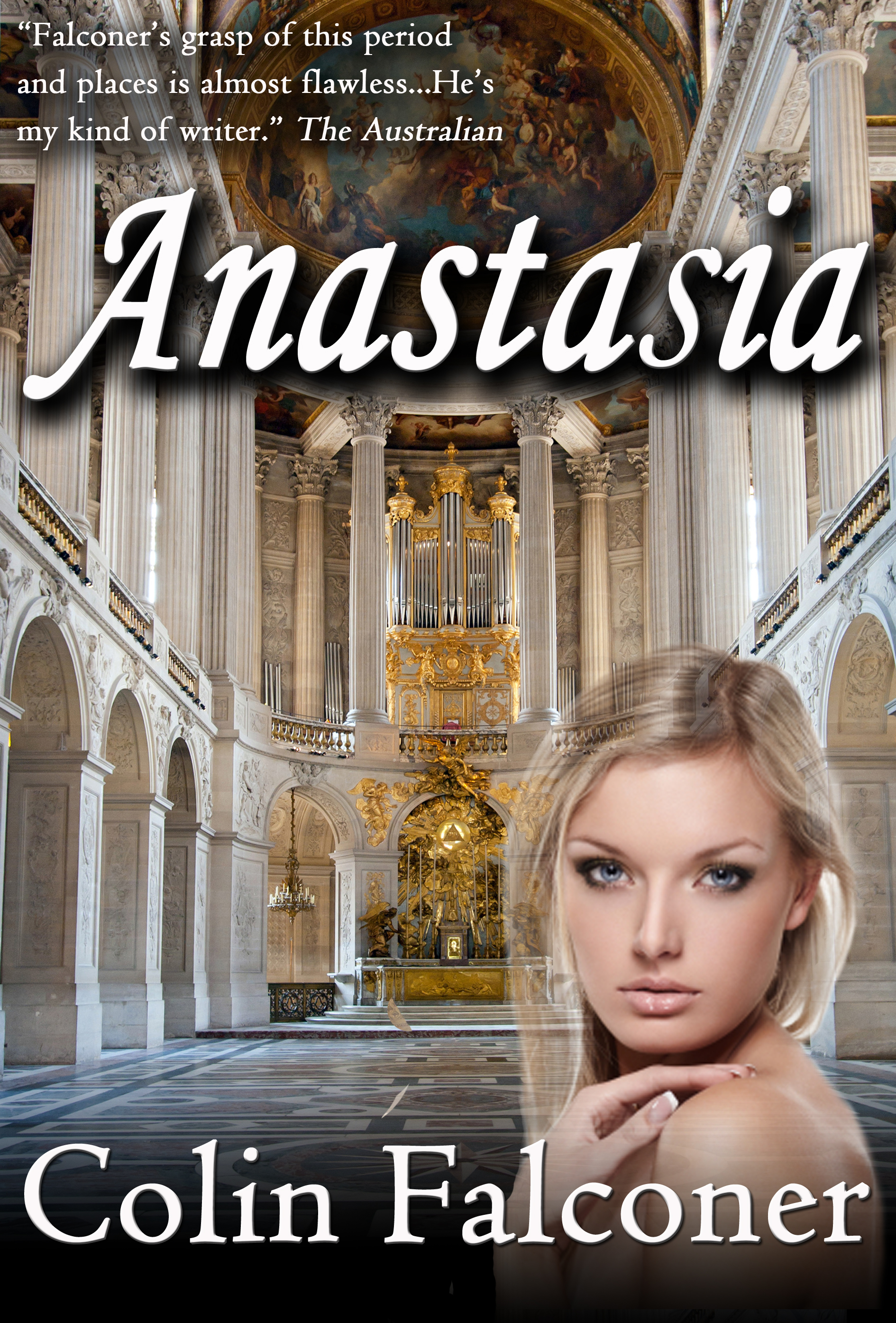
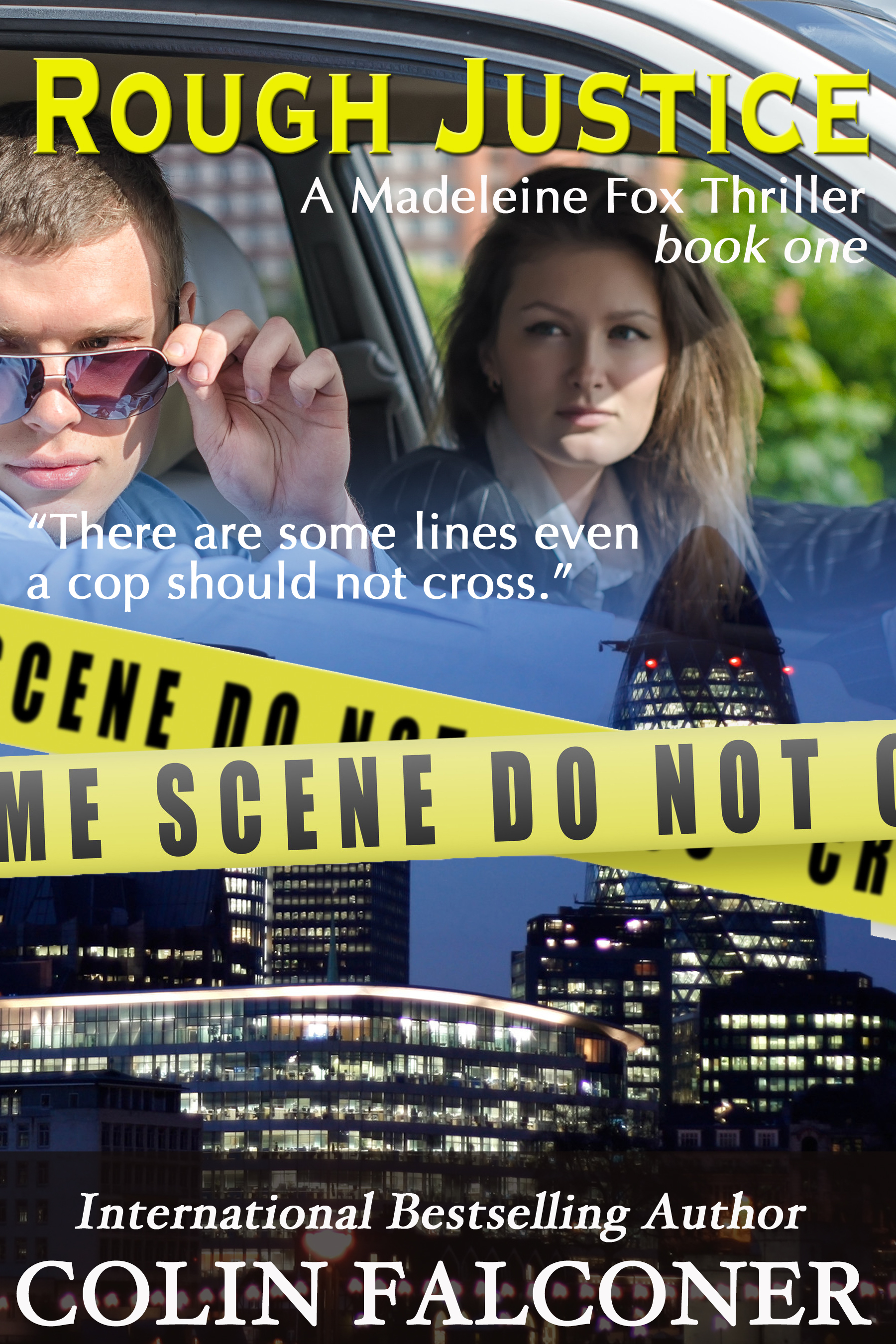
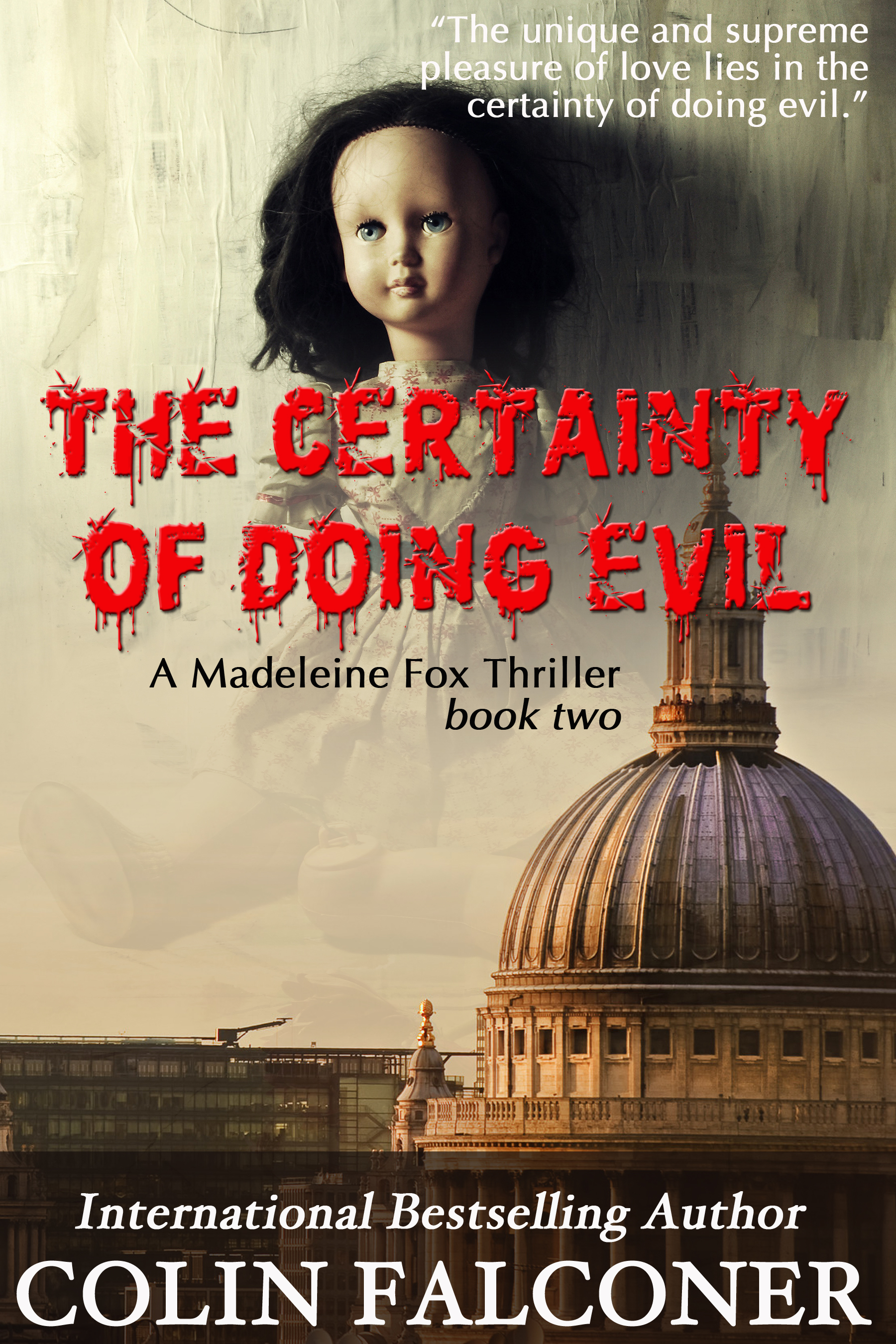
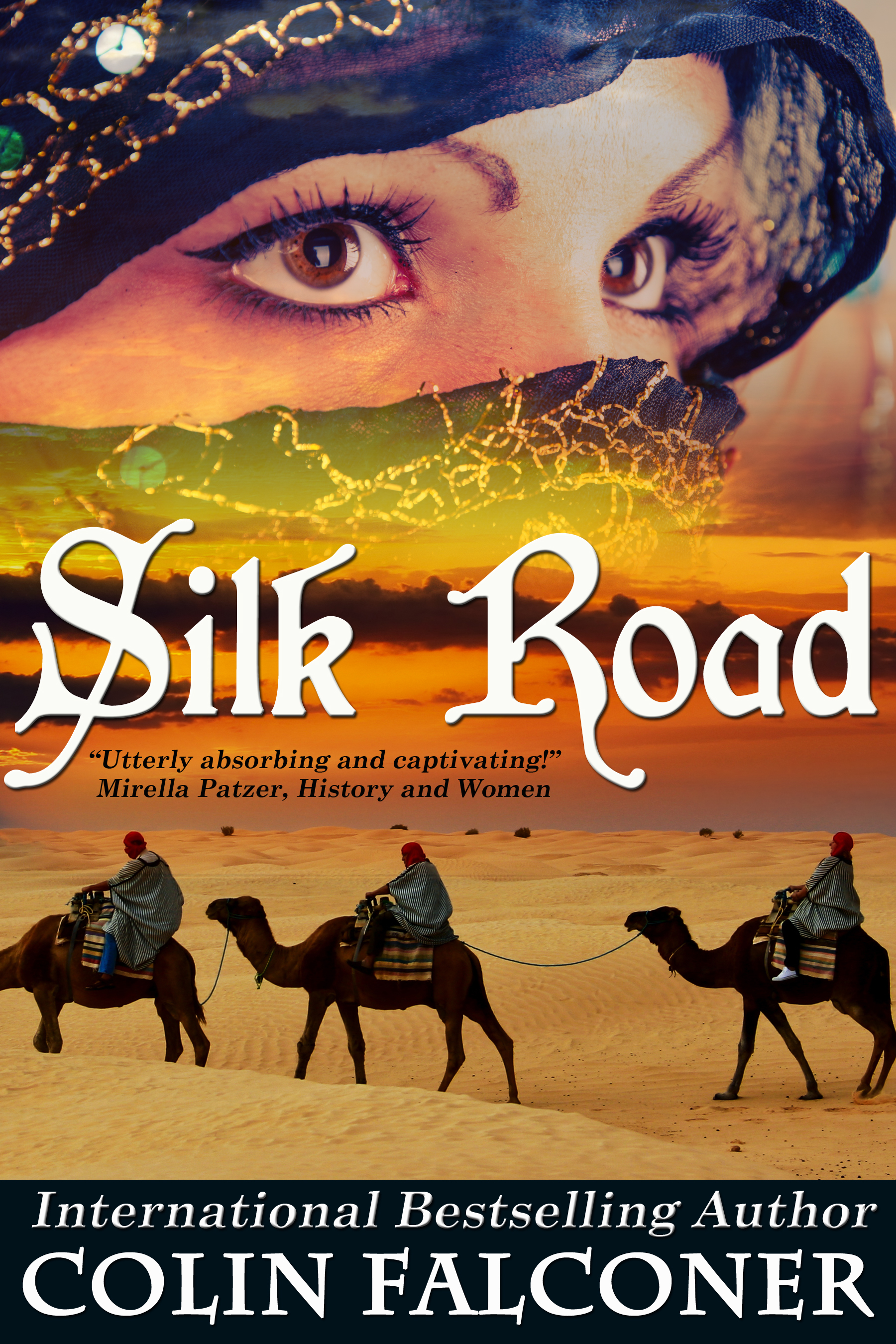
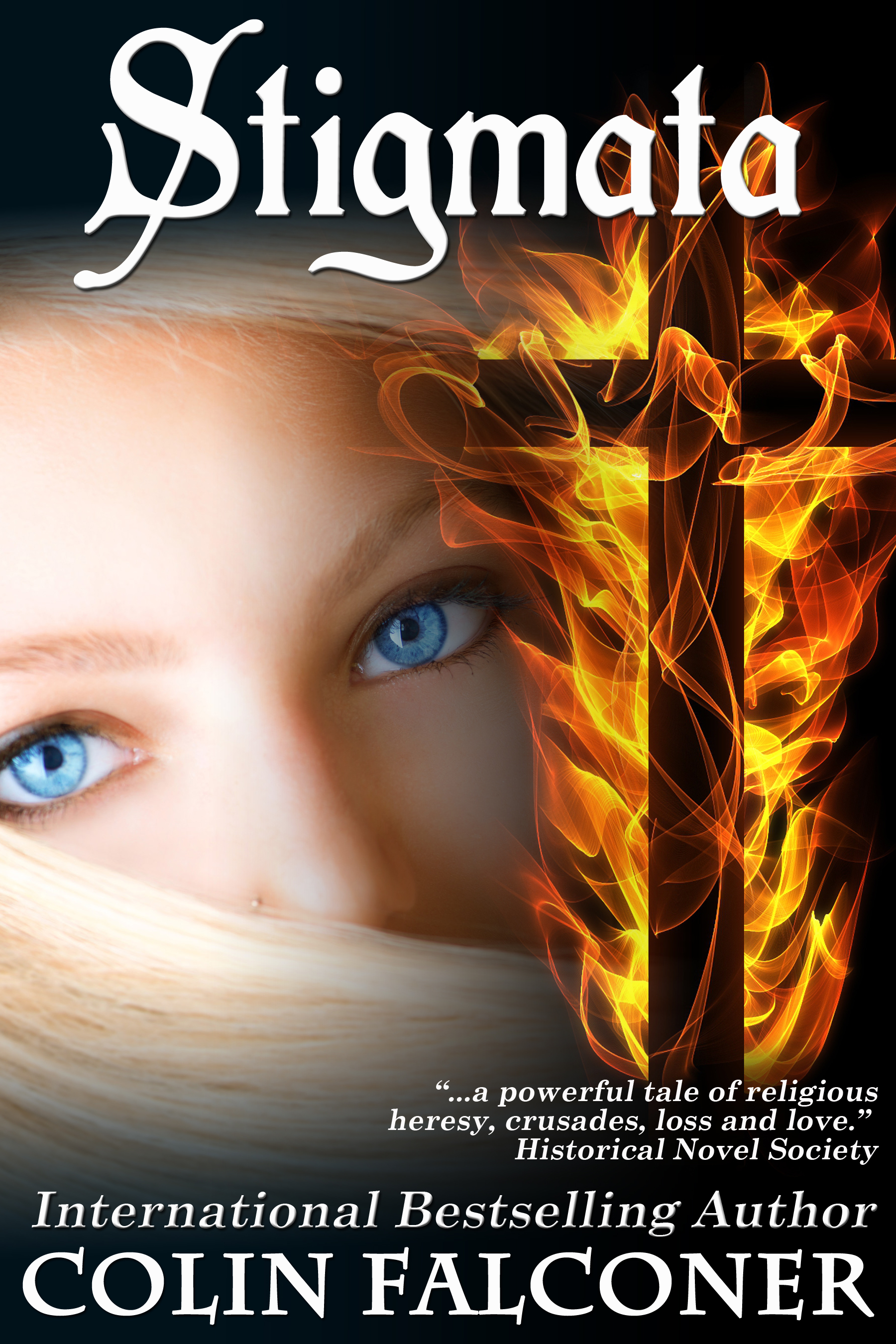
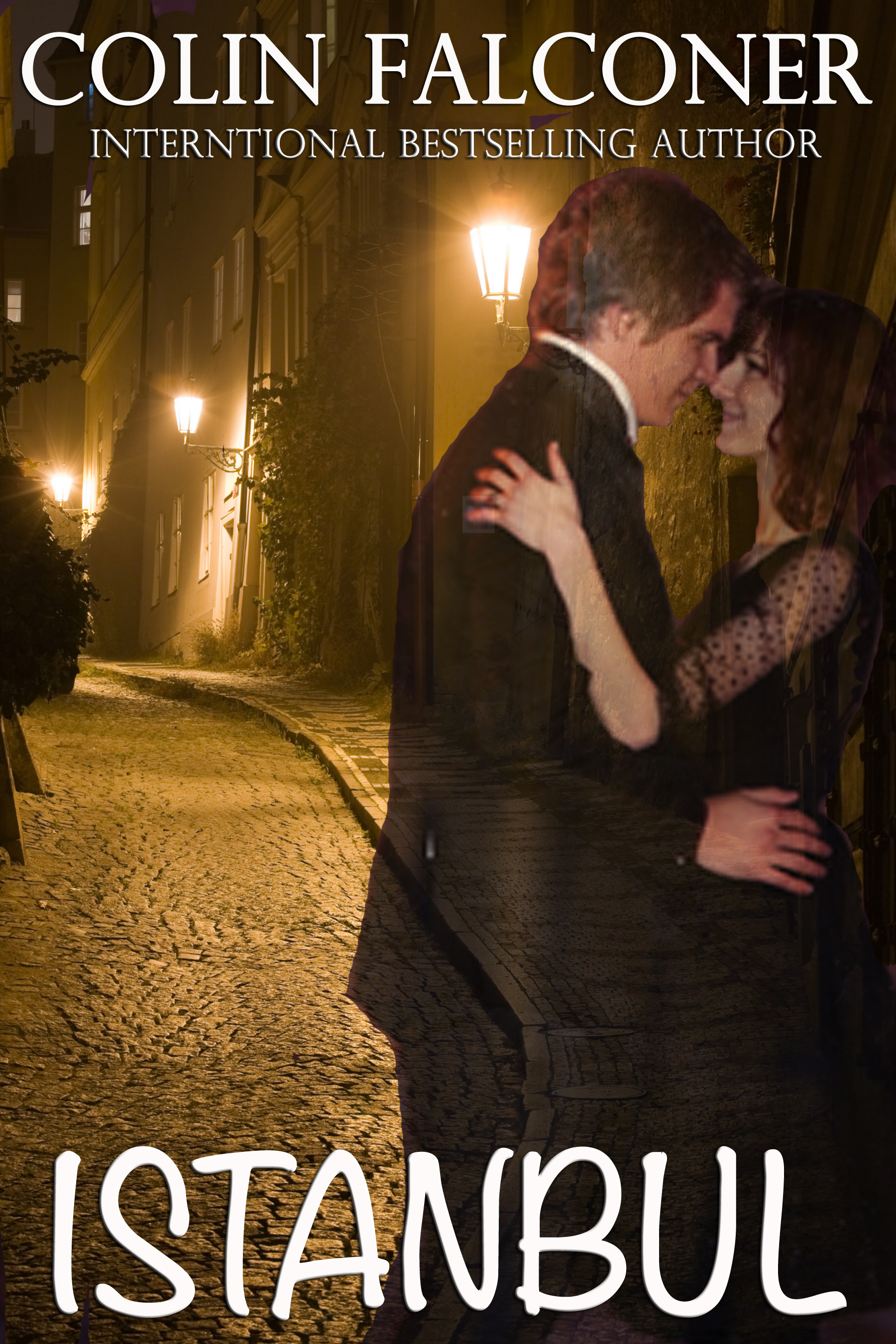

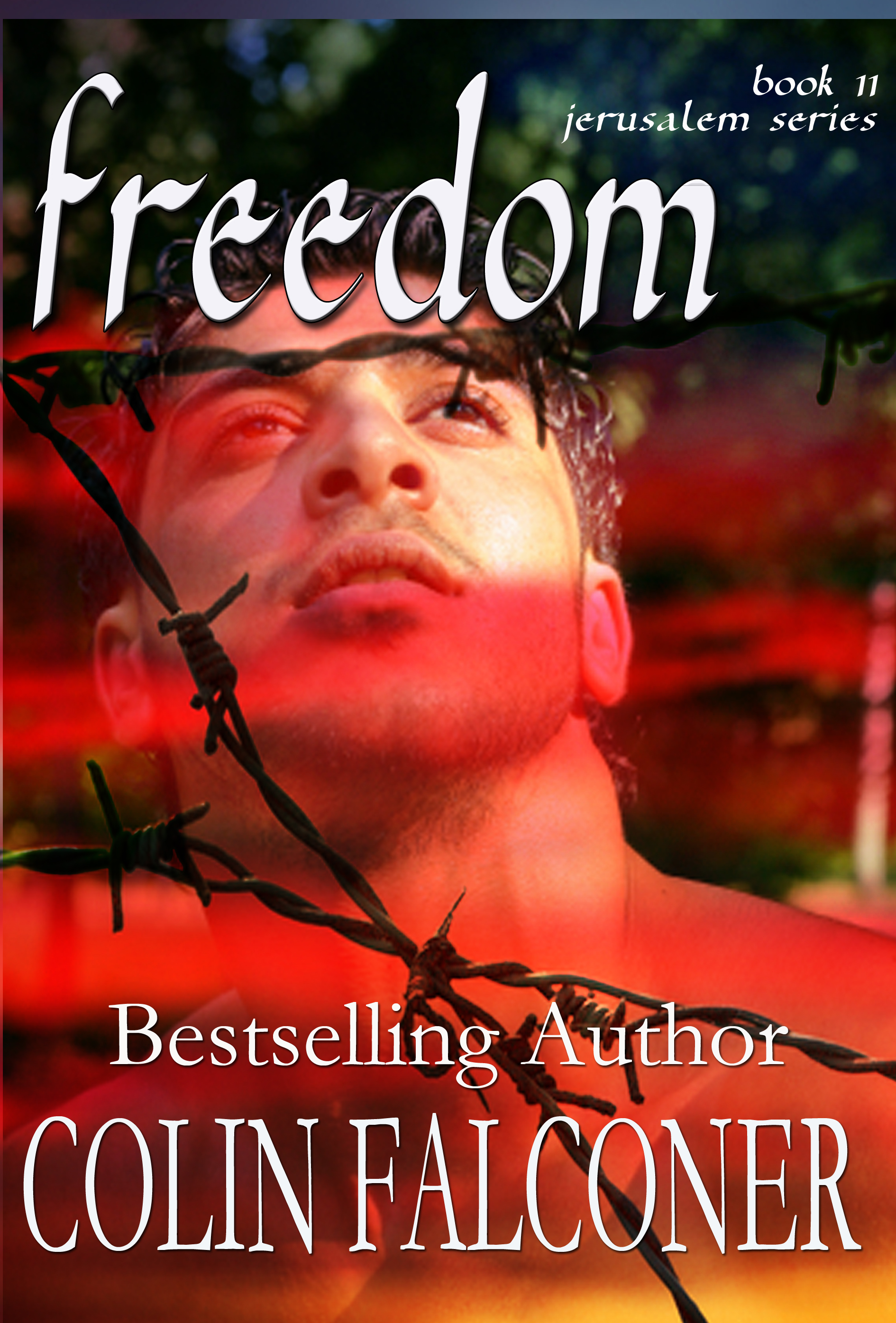


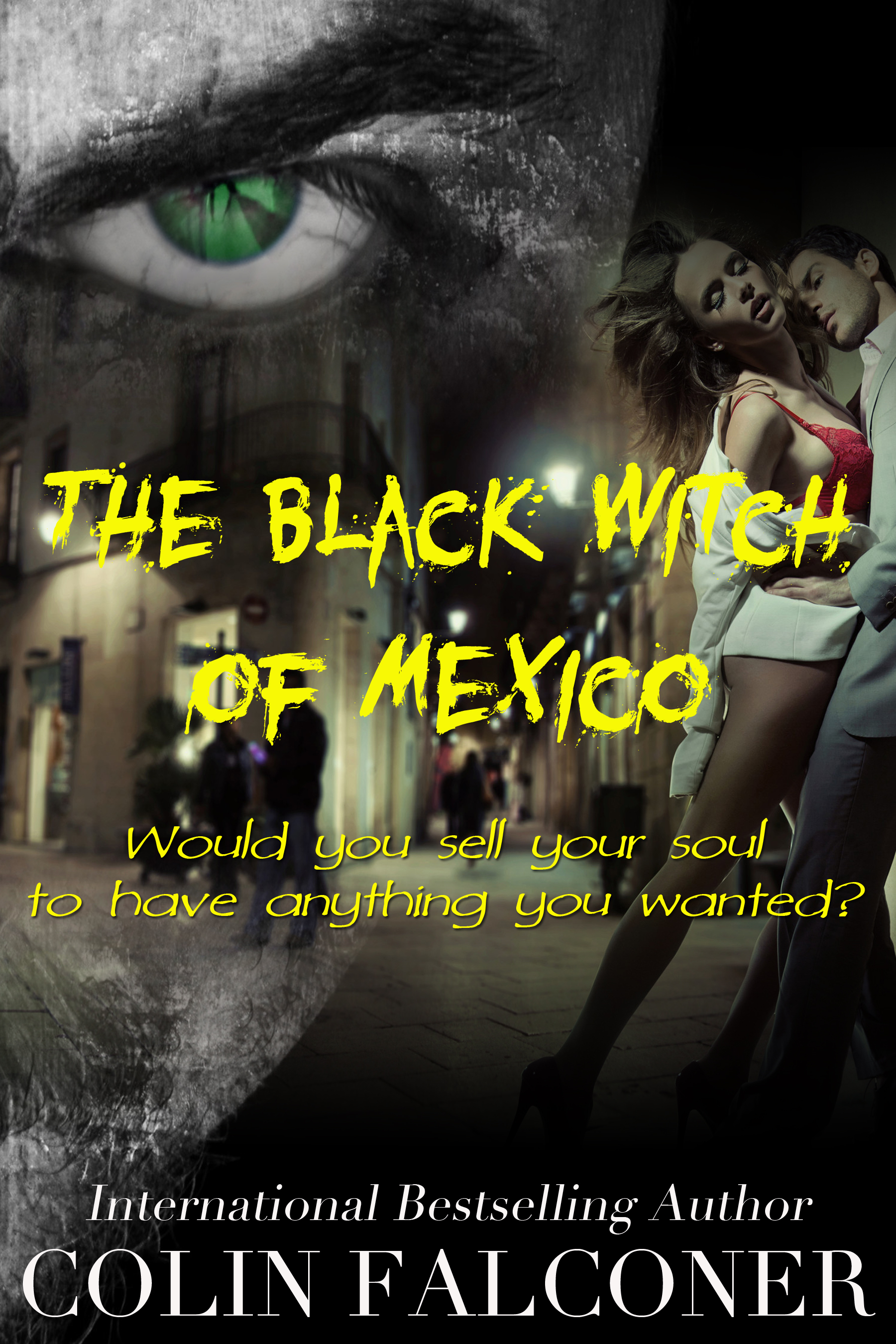

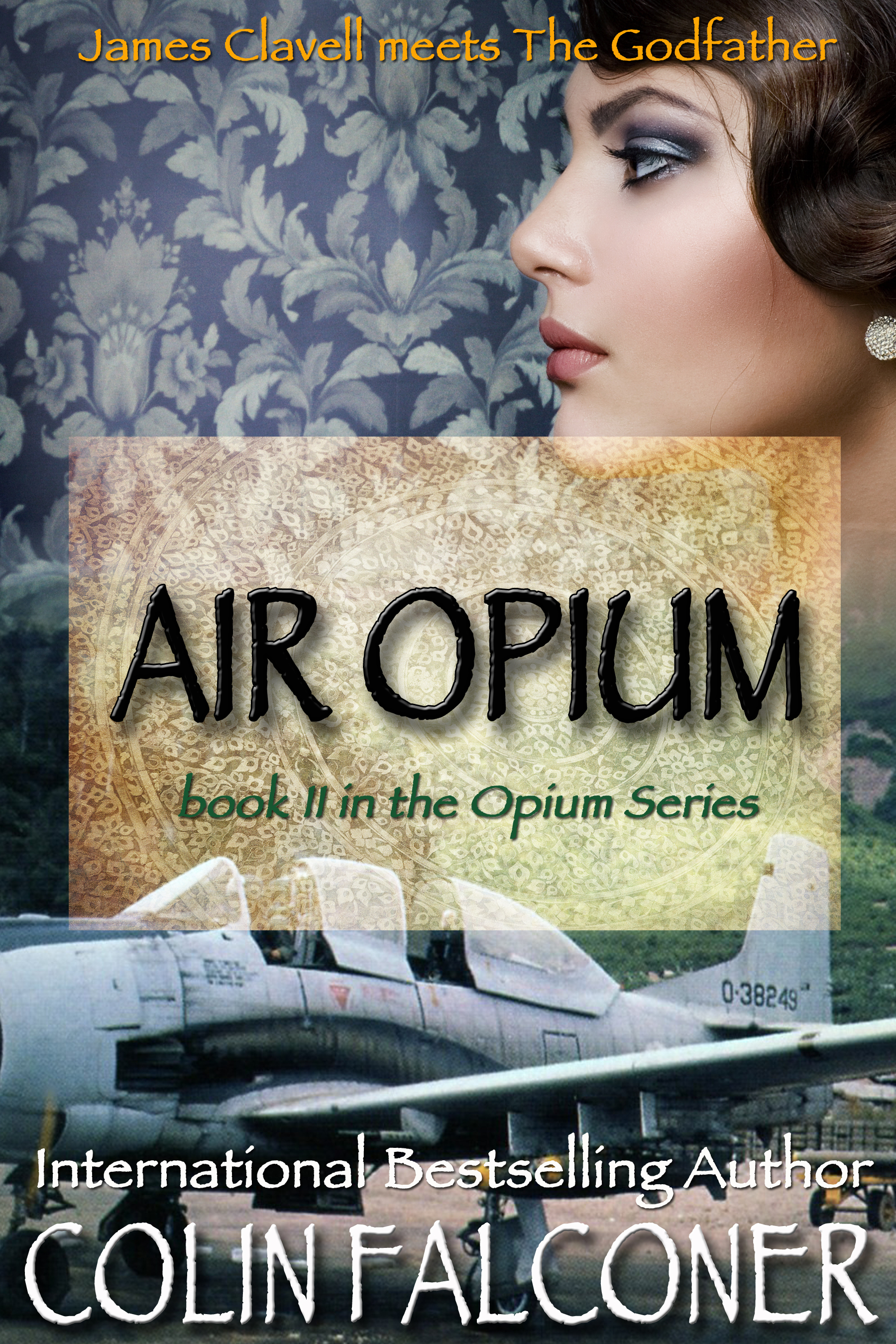
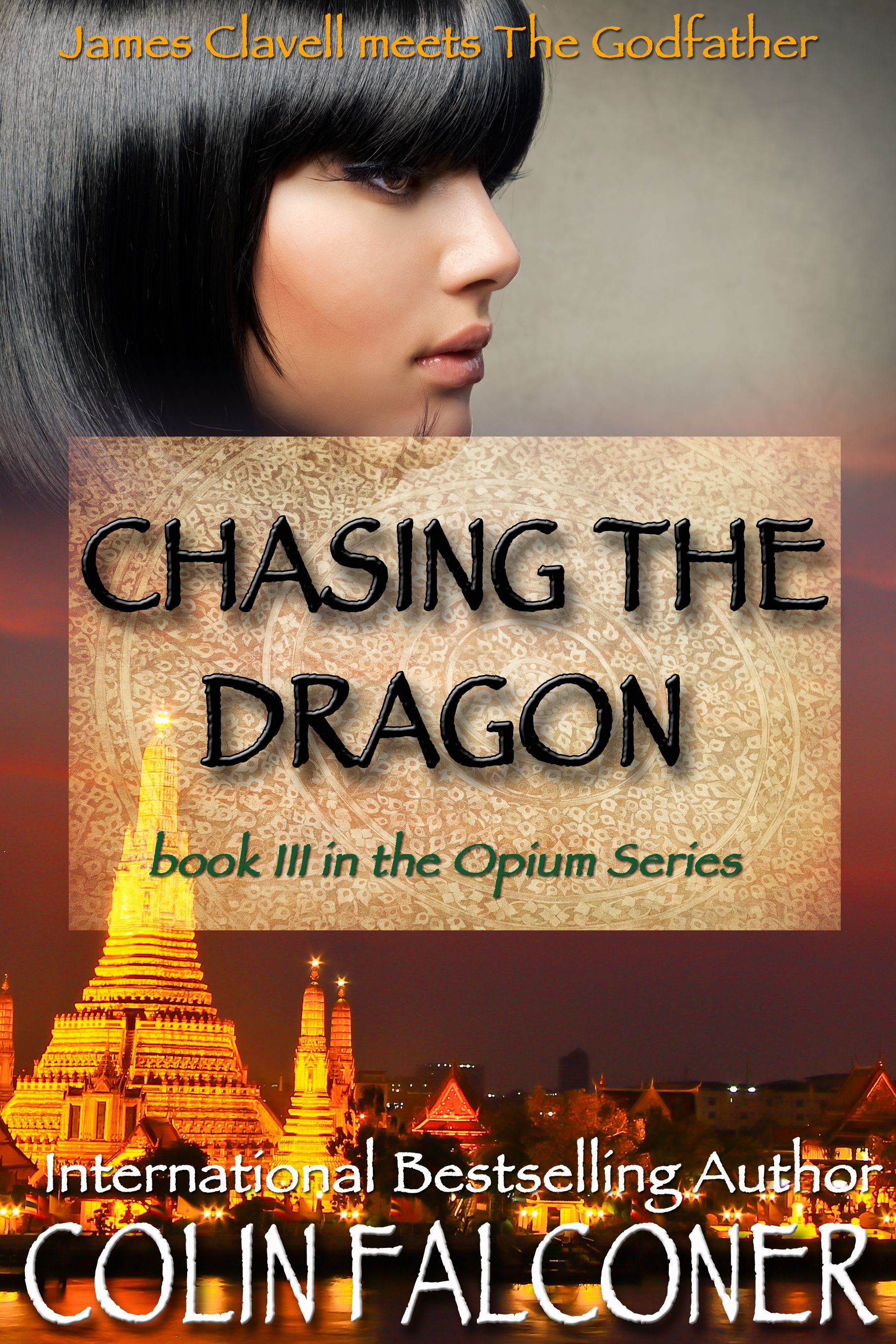
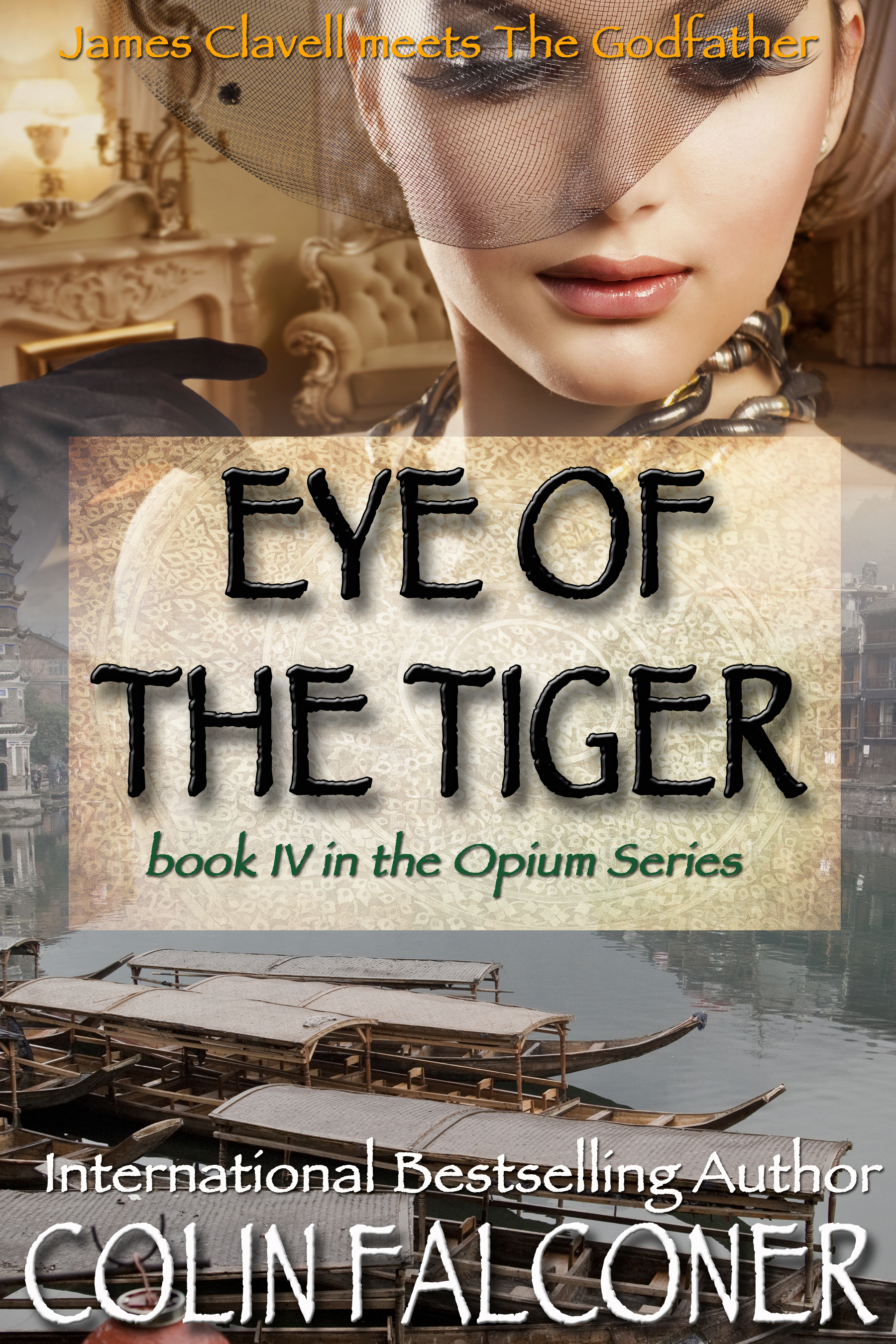
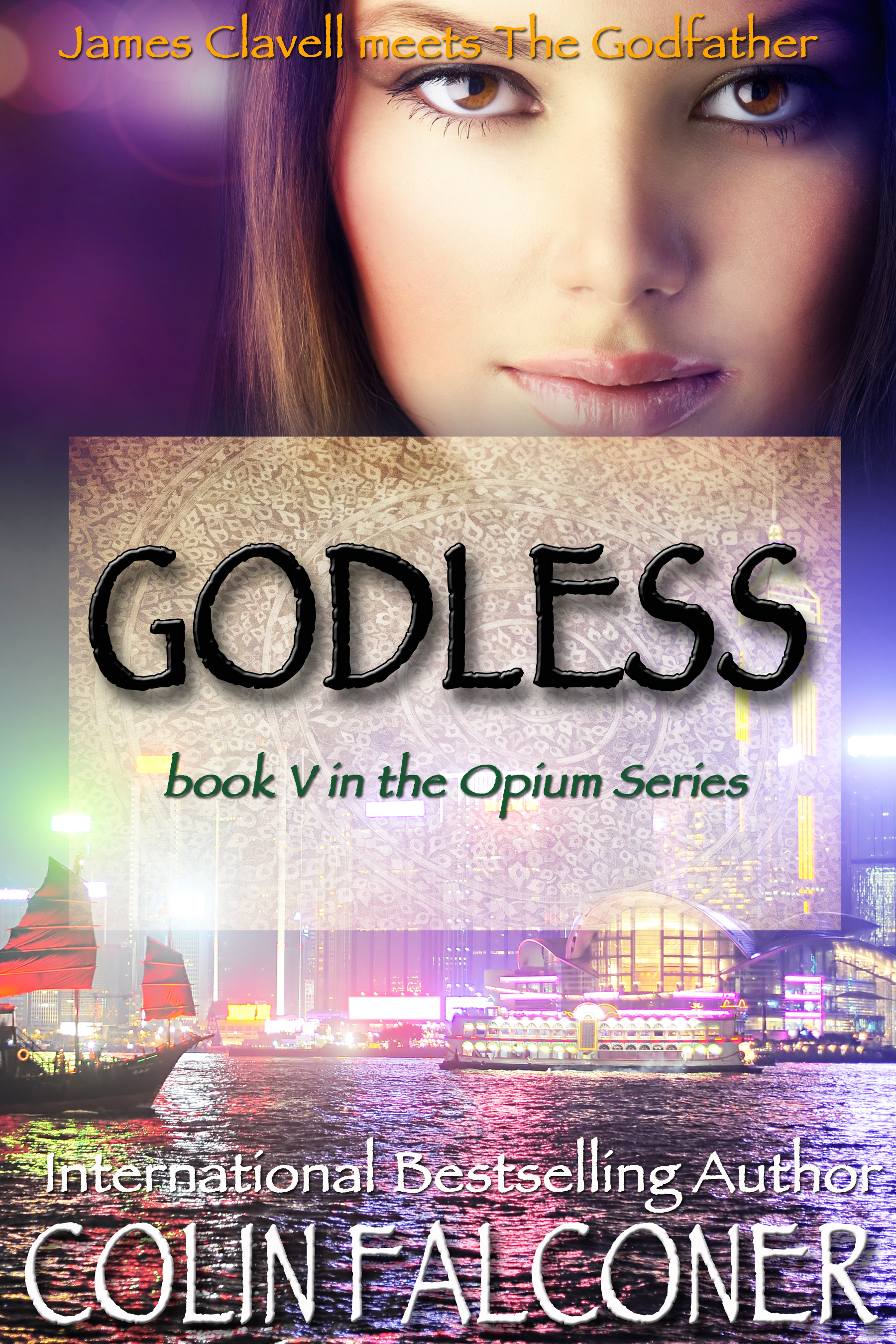
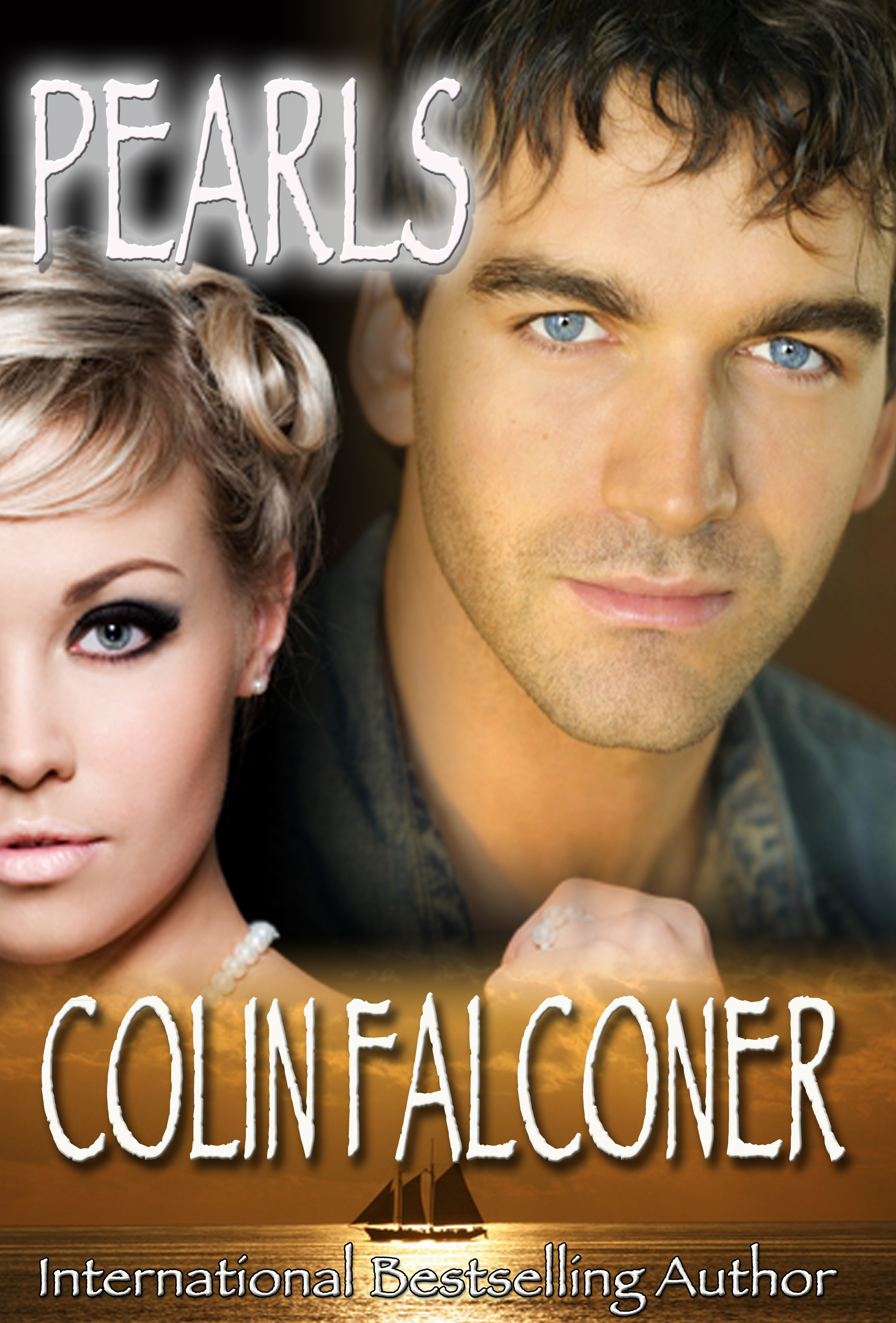

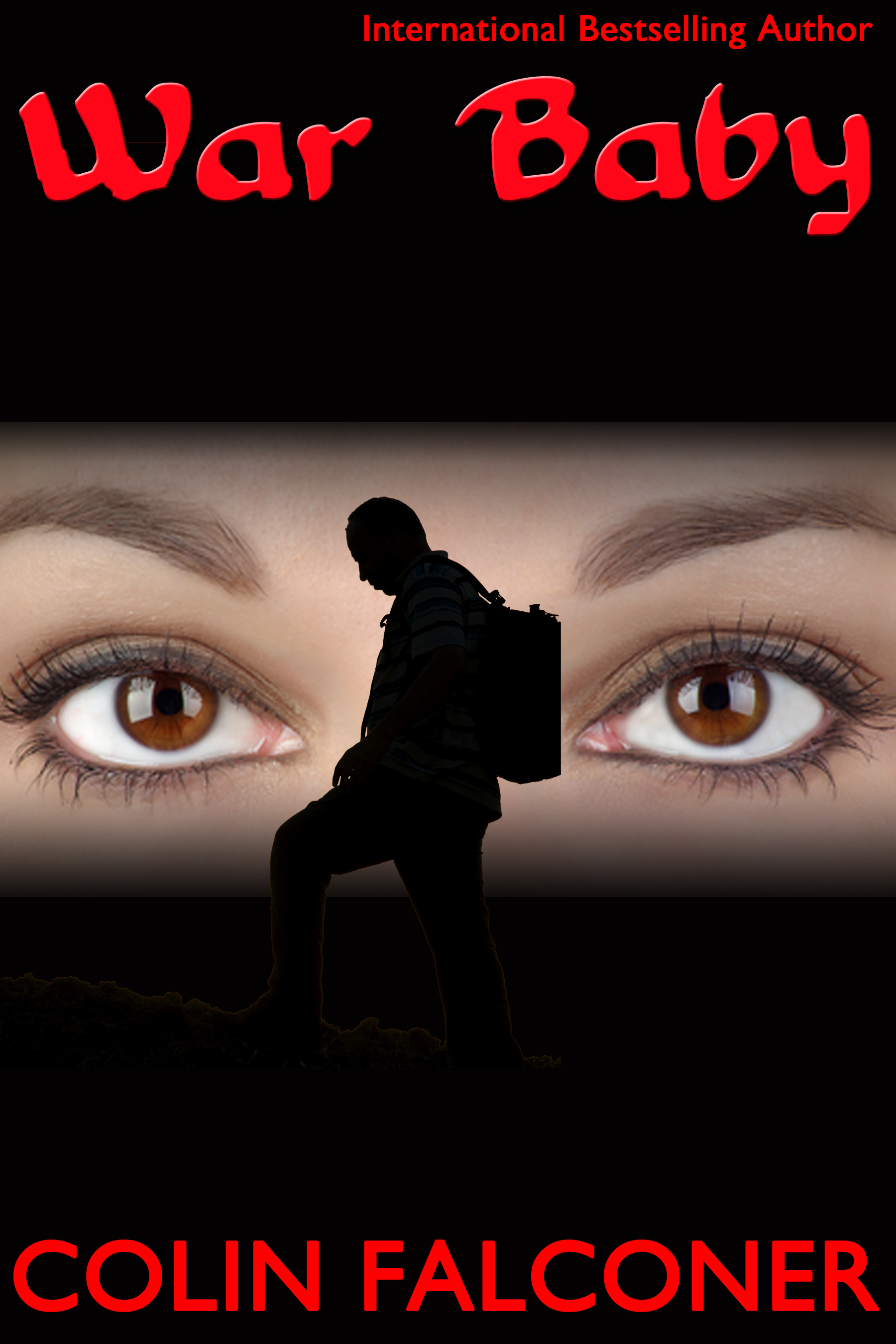
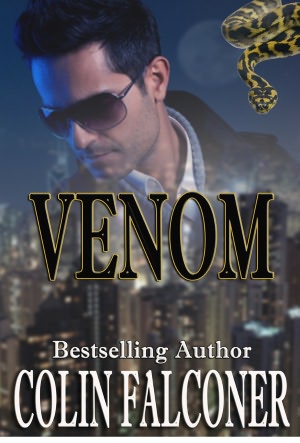
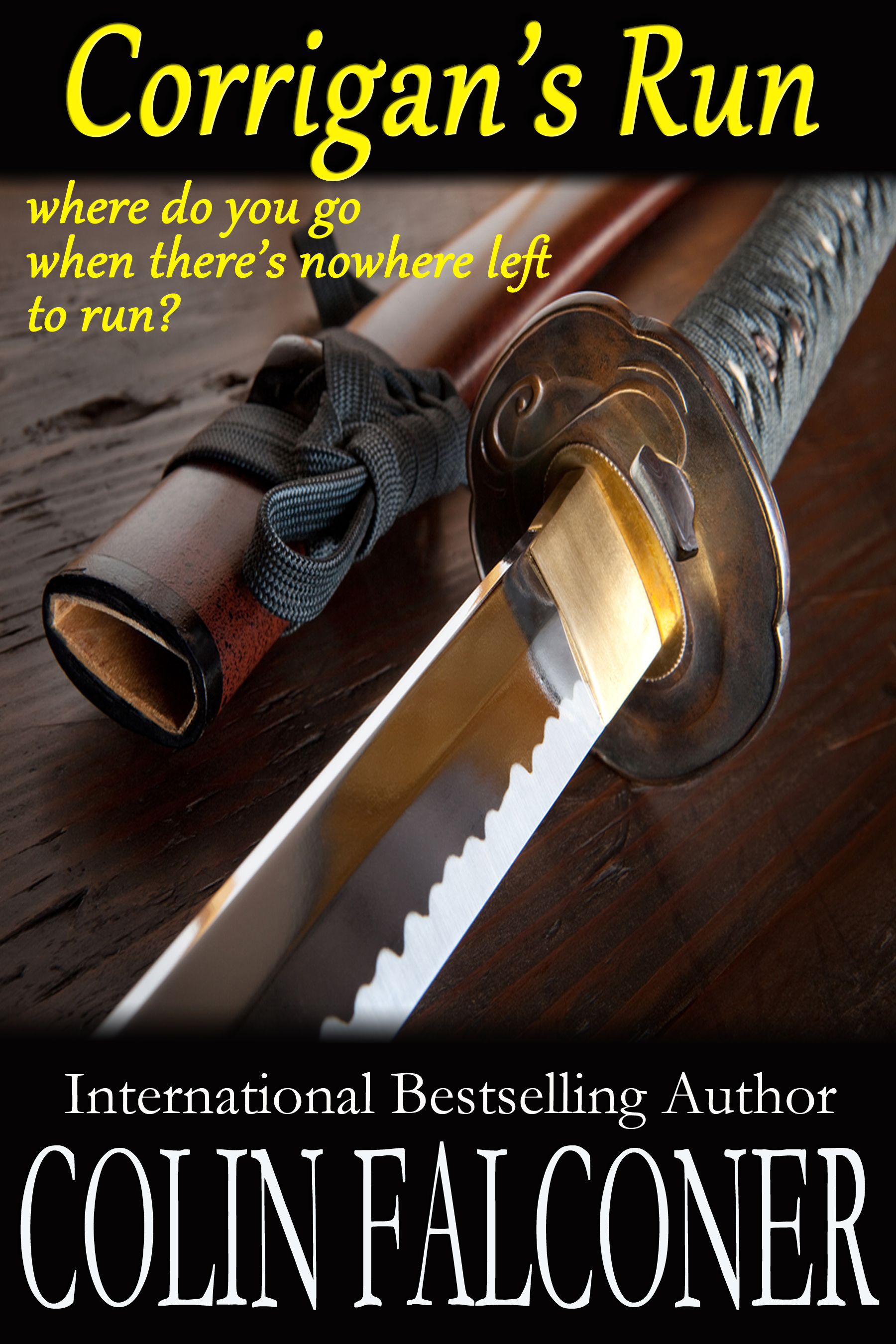
Colin, you still surprise me. You’re able to link an idea and your novels. I’m impressed. I’m not being nice to you, I mean it. I guess you know DNA proved the woman who claimed to be Anastasia, for many years, was a fake. She convinced a Virginia history professor she was the real thing and he married her. Poor guy. You might find “The Field” by Lynn McTaggart, interesting, as a book shedding light on identity and its source. Colin, you scoundrel, you’ve convinced me to read one of your novels and as a novelist myself, I’m resistant to this idea. But I guess I’ll have to do it. Julia
Julia, I deeply flattered because I know you didn’t intend to flatter me, as such. As far as Anastasia goes; when I wrote the novel they still hadn’t found the other two skeletons (hers and her little brother’s) but I never for a moment thought that she survived and escaped Russia, though I believe, the way the executions were organized, that it would have been possible. But as I wrote in the post the book isn’t about Anastasia’s survival, it’s a book about identity. I’m glad though that I’ve convinced you to read a novel of mine! Please let me know what you think. I’m very proud of Anastasia. I like to think it’s book that sticks with you after you’ve read it. And I’ll definitely look for The Field!
After thinking about it, I realized I need to explain my attitude about reading other novelists. We’re all promoting ourselves. We have to, or nobody will read us. (Nobody reads me anyway, but it works for some). So I have a little skepticism about the value of it all. But you, I’ll take a chance on. And many novelists are wonderful. “Canada,” by Richard Ford, is compulsive from the first sentence.
I’ll look for Richard Ford too!
This reminds me of Fifty First Dates, and the novel The Host. I don’t know why, but it sounds truly fascinating. I do believe music has a lot to do with memory retention. Going to sing the ABC’s now……
Memory retention can be a good or a bad thing, Angelia. Why is it I can hear Achy Breaky Heart playing on a car radio as it goes past and then can’t get the damned song out of my head for 3 days? Some brave scientist should do research.
Perceived reality is really interesting to me. Especially if you are able to perceive the same reality of yourself that everyone else has of you. I think that’s one of our biggest struggles, knowing if what you are trying to portray is what is being perceived. Being able to honestly answer your questions is a way to stay grounded in ourselves. Clive must of stayed true to who he was before his accident. That’s just my theory.
His is a tragic story - and I think his wife is a truly amazing woman - but it serves to make us all think about what we are. Who’s left at the computer when the power goes down? Clive the musician and Clive the loving husband remains. I imagine that as true to himself as he could be, so that in respect I agree with you on that.